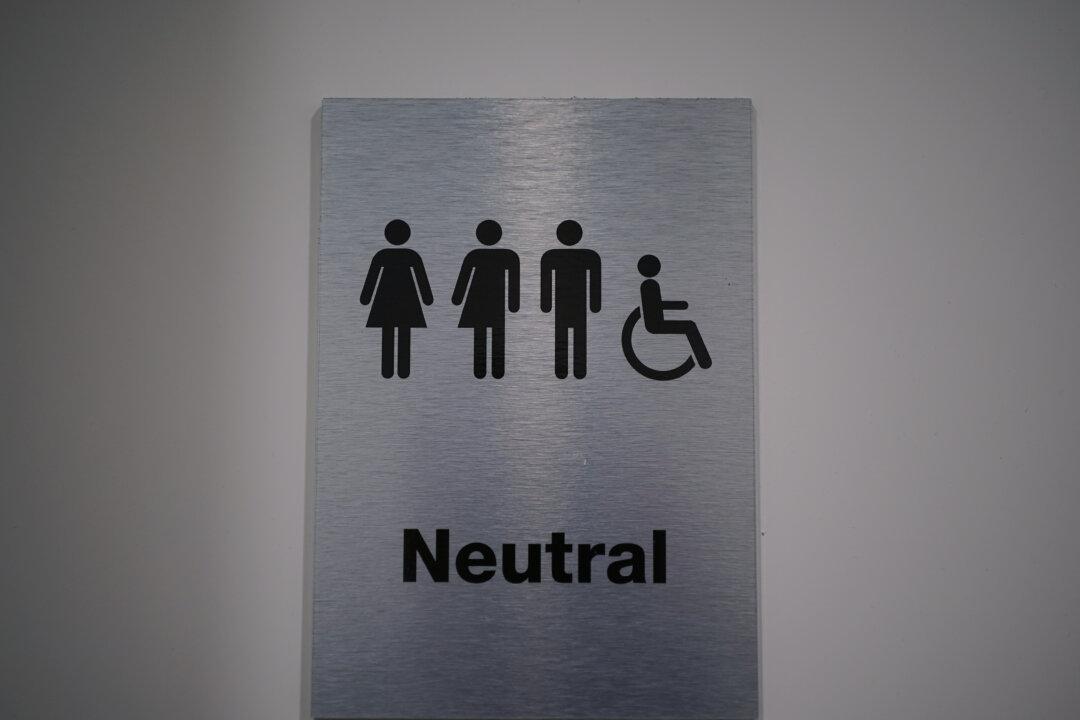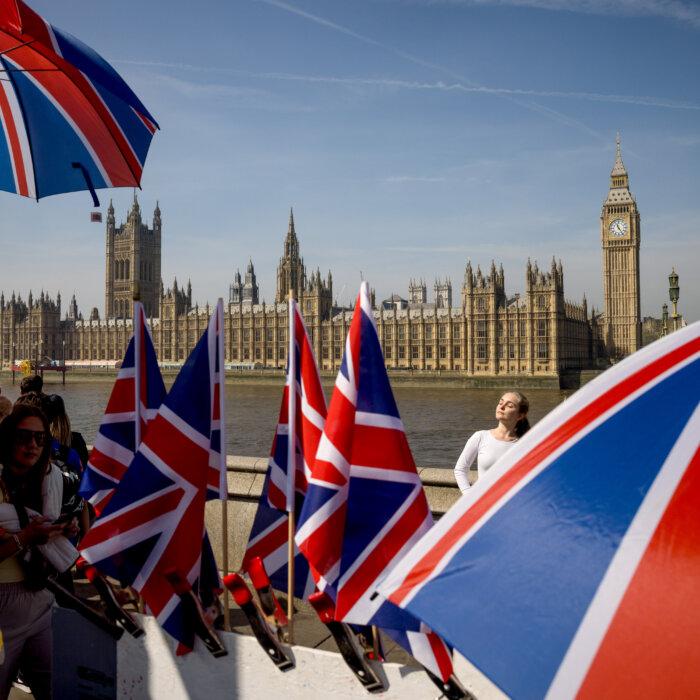Nearly 10,000 people in the UK have now received Gender Recognition Certificates (GRCs) since the legal process was introduced two decades ago, with a record number issued last year.
Under the Gender Recognition Act 2004 (GRA), the certificates allow transgender individuals to be legally recognised in their acquired gender, including on their birth certificate.
In the year to March 2025, a total of 1,169 certificates were granted, which is more than triple the number in 2019–2020, when only 364 were issued.
This is the highest annual total since the GRC system began in 2005.
The Ministry of Justice data, analysed by the PA news agency, show a total of 9,633 GRCs granted in the UK up to March 2025.
Shift in Demographics
To get a GRC, a person must be at least 18, have a medical diagnosis of gender dysphoria, and have lived as their new gender for at least two years. They must also show they intend to live that way permanently.Applications are reviewed by a panel of medical and legal experts.
More young people are applying for GRCs than ever before, with nearly one in four certificates going to people born after 2000 and over two-thirds to those born after 1990.
A decade ago, most applicants were born before 1980, but that group now makes up just 17 percent.
The gender split among applicants has also changed.
Privacy and Safety Concerns
The figures on the surge in certificates come shortly after a landmark Supreme Court ruling in April, which clarified that the terms “sex” and “woman” in the UK Equality Act 2010 refer to biological sex, not legal gender.This means that men who identify as women with a GRC can still be lawfully excluded from single-sex spaces if the exclusion is deemed proportionate.
Commenting on the increase in GRCs, the group told The Epoch Times it further confirms the significance of the Supreme Court ruling, which “stemmed the erosion of women’s rights.”

For Women Scotland also warned that strong privacy protections under the GRA can conflict with women’s rights, safeguarding, or public transparency, particularly in sensitive settings like prisons, refuges, or schools.
“While we know that these certificates do not change a person’s sex-based rights, Section 22 of the Gender Recognition Act remains problematic, allowing stringent privacy protections which make it easier for certificate holders to lie about their sex.
Future of GRCs under Scrutiny
Baroness Kishwer Falkner, chair of the Equality and Human Rights Commission (EHRC), responded to the Supreme Court’s decision by suggesting the role of GRCs could be challenged in court.“We don’t believe they are [worthless]. We think they’re quite important,” she said in an interview with BBC Radio 4.
She added that the next stage of litigation “may well be tests as to the efficacy of the GRC.”
Government guidance confirms that the ruling does not affect the application process but recommends that those with questions contact the EHRC directly.
While there have been calls from campaigners to reform the GRA to allow self-identification without medical evidence, no such changes have been adopted in England and Wales.
Trans advocacy organisation TransActual and the charity Stonewall have urged the government to lower the age threshold, calling for legal recognition for under-18s. According to Stonewall, for those under 16, the process should be based on parental consent.
TransActual further criticised the current requirement to live in one’s acquired gender for two years before applying, saying the process is too slow.
Ministers also said the legislation provides “appropriate checks and balances that reflect the seriousness of changing a person’s legal sex.”







